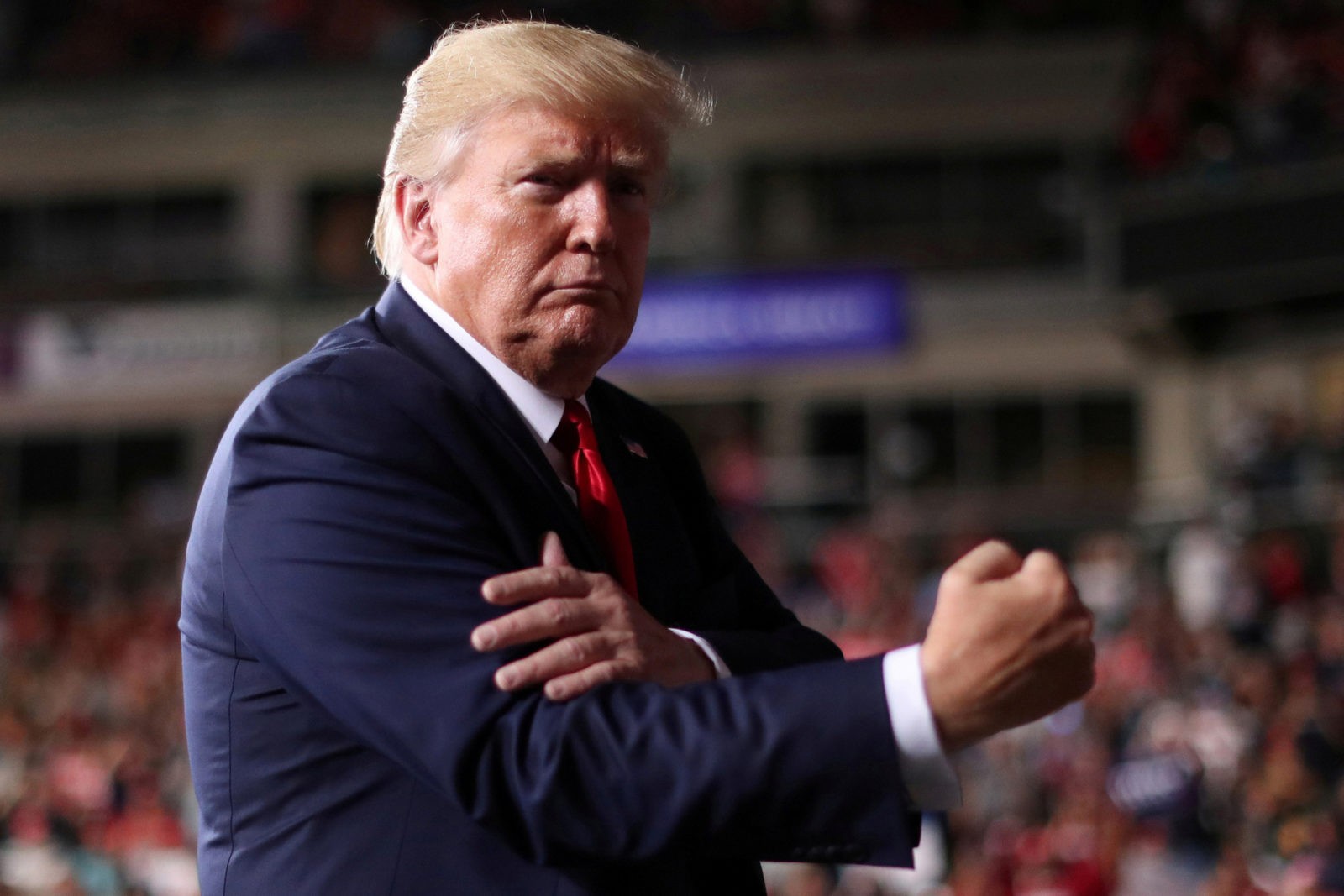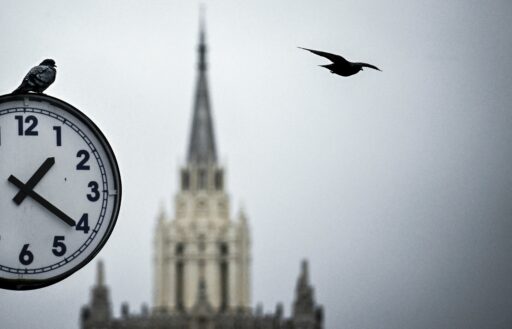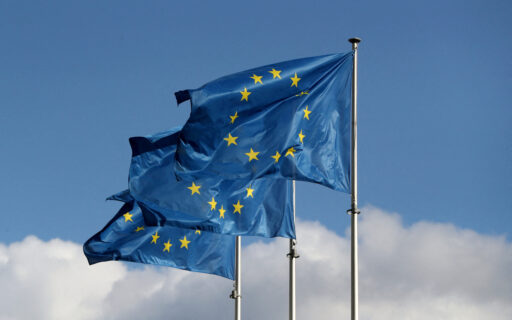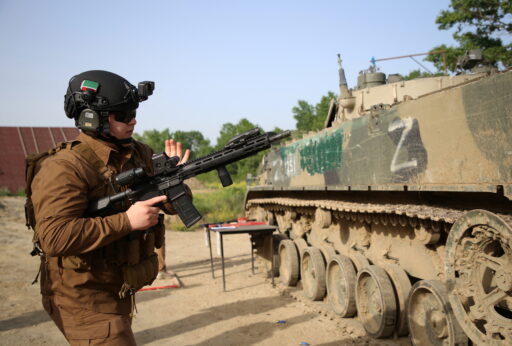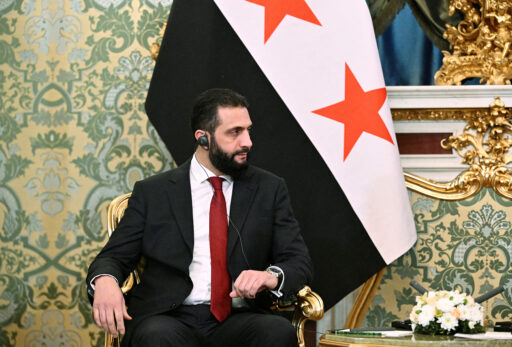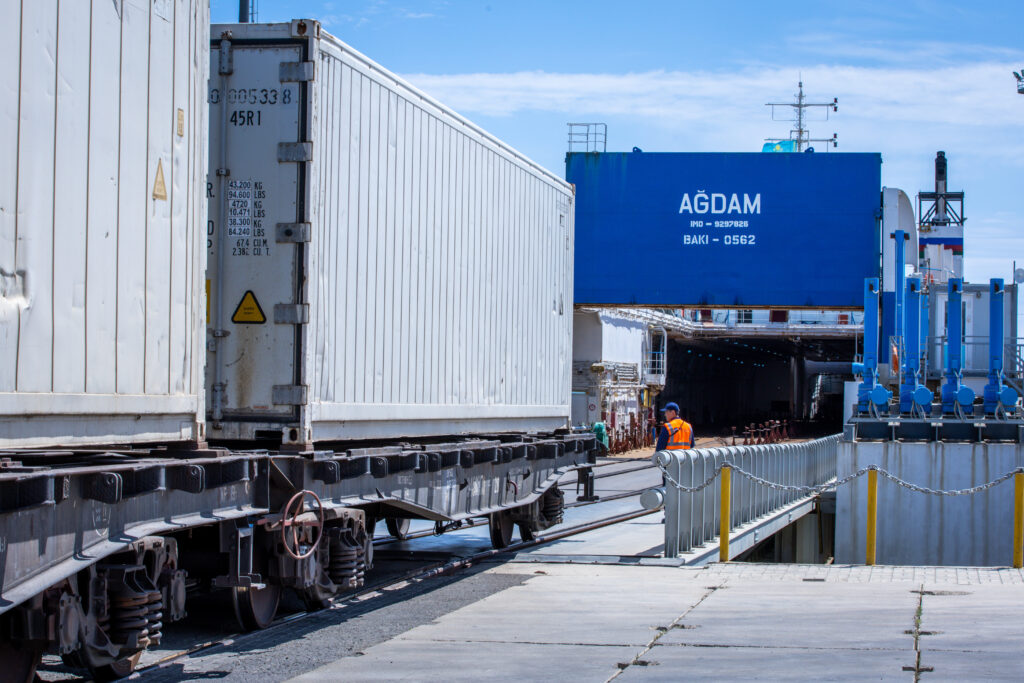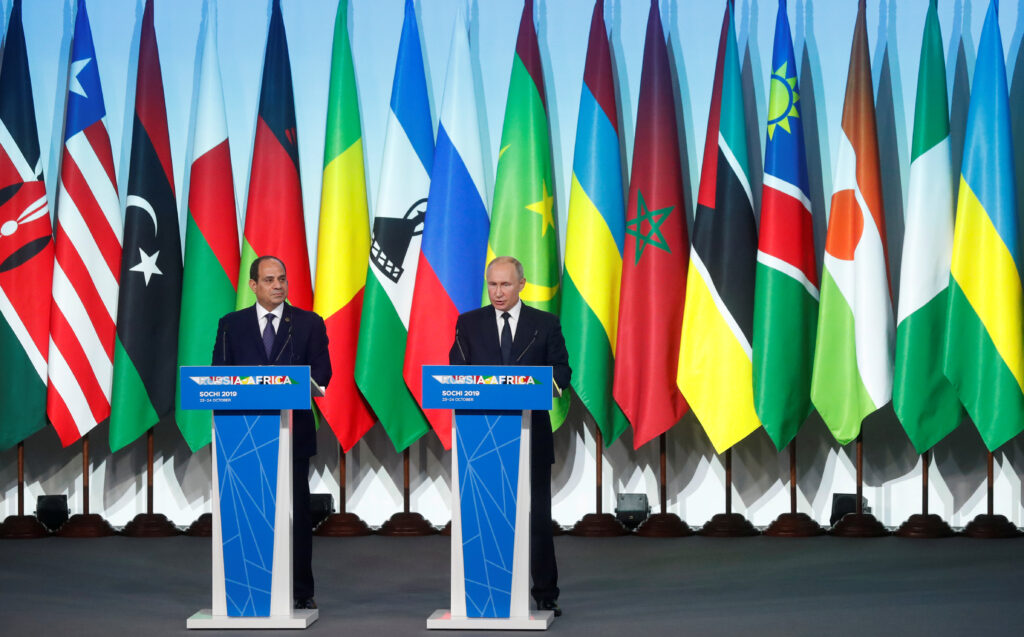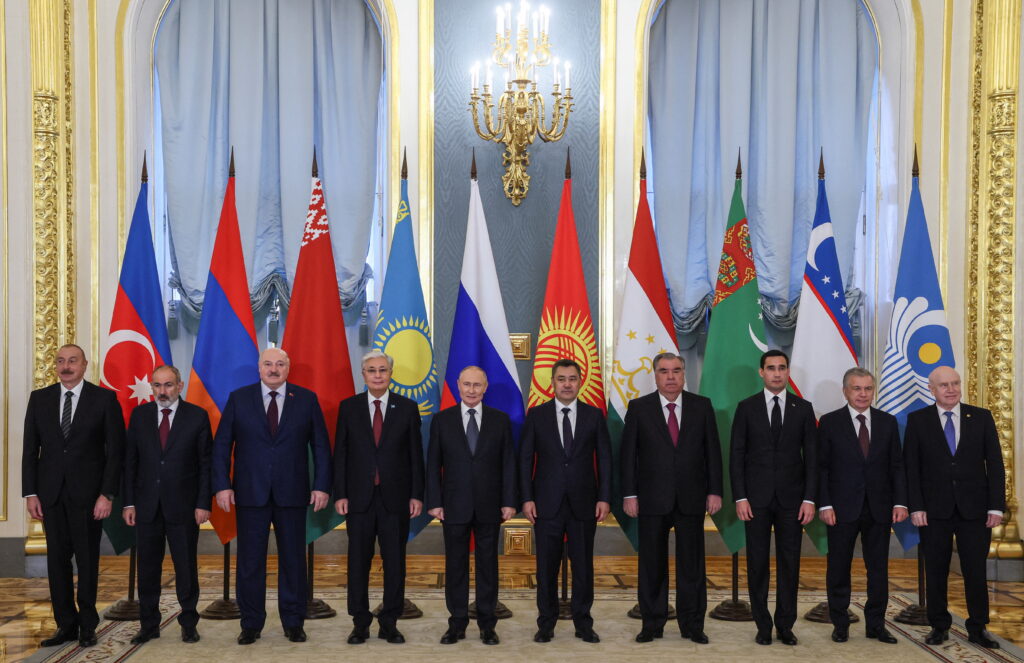Last August, US President Donald Trump found Russia had used nerve agents in the March 2018 attack on ex-double agent Sergei Skripal in Salisbury, England. Trump’s response was to label Russia a violator of the Chemical and Biological Weapons Control and Warfare Elimination Act of 1991 (CBW ACT), thereby formally barring the US from directly loaning to Russia or selling it arms and national-security sensitive goods and technology. The CBW Act also calls for the president to impose a series of additional sanctions within three months unless the president certifies to Congress the designated state has changed its behaviour.
Trump failed to impose the measures within three months, nor did he offer any such certification. For an Administration that has long faced coordination challenges, this was by no means unsurprising, but many took it as an indication Trump would refuse to comply with the CBW Act’s stipulations and that no further such action would be forthcoming. As a result, when he belatedly issued an executive order announcing the Treasury Department would implement the additional sanctions on 1 August 2019, it caught many off guard, particularly as it came just a day after a phone call allegedly initiated by Trump with Russian President Vladimir Putin.
The move spurred a tumble in the ruble the following day, as it raised the spectre of some rather serious sanctions – the CBW Act offers a menu of six options in in Section 307 (b)(2) from which the President must chose at least three – which could cut off a targeted government from US bank loans, cut off almost all exports, or even allow the President to suspend bilateral diplomatic relations.
Trump’s executive order mentioned only two of these measures – the ban on US bank loans to the Russian government and formalizing the US policy of barring international financial institutions’ (IFI) loans to Russia. The second measure had already effectively been in place since the Kremlin’s annexation of Crimea in March 2014, after which the World Bank and European Bank for Reconstruction and Development halted loans to the country. Uncertainty therefore lingered over the extent of the bank ban and the potential third measure.
Shortly before midnight the next day, the measures were laid out in a statement by the US State Department. The announcement also revealed the third measure: additional “export licensing restrictions of Department of Commerce-controlled goods and technology.” As with the IFI loan ban, the US has already been de facto observing such a ban since 2014.
OFAC also issued a new directive as a result of the Executive order that lays out the measure restricting US banks. As with the other two measures, it effectively adds nothing new to the US’ sanctions regime on Russia. It merely bars US banks from dealing in the primary issuance of non-ruble denominated loans and bonds to the Russian government, its agencies, ministries, wealth funds, and Central Bank – notably it does not exclude them from loaning to Russian state-owned enterprises, although some, such as Rosneft, have been subject to their own debt financing restrictions, the core of the measures introduced by former President Barack Obama known as “sectoral sanctions,” since 2014.
The new sanctions will bar US banks and other financial institutions from participating in Russian government Eurobond issuances, however, such issuances are formally sold in Europe, and for the last three years, Russia’s state-owned VTB has handled the underwriting and book-building. Last November the Russian sovereign also started to again sell such bonds denominated in Euros rather than US Dollars. Like a dentist ripping out teeth, OFAC also excluded ruble debts from the sanctions, and noted that banks outside the US, and foreign entities linked to US banks, were not subject to the loan ban. The ban also only refers to the primary market, meaning secondary trading of new issuances will likely able to continue. The impact on Russia’s sovereign debt market will therefore likely merely be that US investors and financial institutions cannot subscribe to initial bond sales.
Russia’s financial position is also healthy enough that it has little need to actually sell such debt – though Russia’s sovereign debt chief Konstantin Vyshkovsky had earlier this year explained a flurry of Russian debt sales as a tool to mitigate against sanctions. The recent deposit of US$64 billion of above-budget oil revenues into the National Wealth Fund, with a view towards spending it from next year, emphasizes the Kremlin’s relative independence from foreign funding.
While the White House’s latest sanctions measures are best seen solely as the formalization of de facto sanctions already in place, this does pose an interesting question about Russia’s place in the global financial framework. Cut off from all Western-led IFIs, the Kremlin now has more reason than ever to cooperate with Beijing on such efforts through alternative institutions such as the China-led Asian Infrastructure Investment Bank (AIIB) or the New Development Bank, formerly known as the BRICS Bank. Furthermore the event Russia faces another sovereign debt crisis – though highly unlikely at present, it was only 21 years’ ago Russia infamously defaulted on its domestic debts – it will no longer be able to turn to the IMF as it did in 1998 without first securing a removal of these sanctions from Washington.
It is unclear what spurred the Trump Administration to take this action nearly nine months late, though the House’s Foreign Affairs Committee senior members did send the White House a letter threatening action if the White House failed to do so days before. The fact it was done in a manner that has little change on the status quo raises the prospect it may be an attempt to head of renewed push in Congress to legislate additional sanctions on Russia, which have been supported by Republicans otherwise prone to defend Trump such as Senator Lindsey Graham who nonetheless remain befuddled by Trump’s timidity and obsequiousness when it comes to dealings with Putin.
Though the most wide-ranging Russian sanctions bill introduced to Congress – the Defending American Security From Kremlin Aggression Act of 2019, also known as DASKA – remains mired in committee, Democratic Congressman Brad Sherman secured passage of an amendment to the National Defense Authorization Act for Fiscal Year 2020 (NDAA) on 12 July that bars all trading of Russian sovereign debt by US persons. That bill must still be reconciled with the version of the act passed by the Republican-held Senate once Congress’ summer recess ends in September. These latest sanctions are therefore best seen as a negotiating tool, as by arguing that Trump has already acted on Russian debt it may help ensure the NDAA that is approved by both houses of Congress does not include a Russian sovereign debt ban as strident that included in the Sherman amendment.
